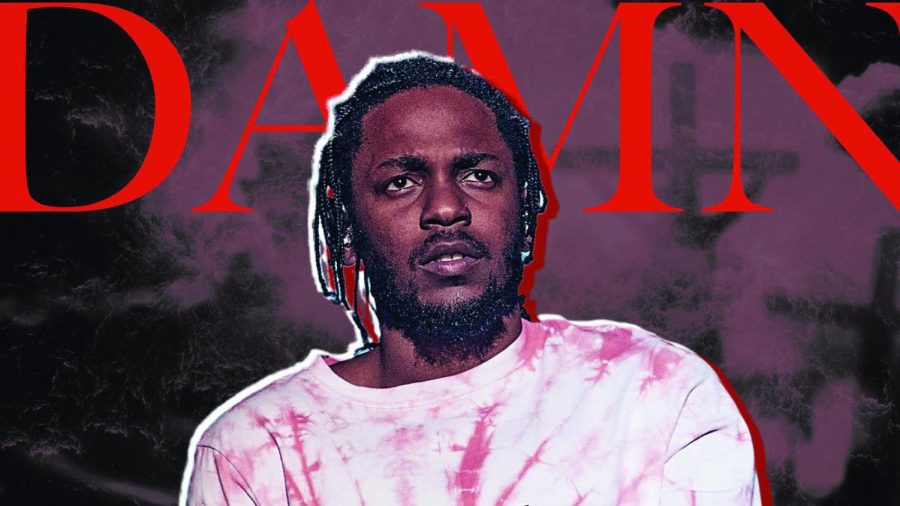The Pulitzer needed Kendrick Lamar
April 30, 2018
In all his genius, hip-hop artist Kendrick Lamar won the Pulitzer Prize on April 16 for his musical composition of his fourth studio album “DAMN.”
Since 1917, Columbia University has awarded numerous musicians from genres such as classical, jazz and opera with the Pulitzer Prize. However, 2018 would be the year for needed change. With Lamar’s win, he becomes the first hip-hop artist to receive the award. For most, the mindset is focused on how big of a deal the win is for Lamar and for hip-hop.
The prize solidifies and displays the change of American popular culture, and it clarifies the legitimacy of hip-hop from an academic perspective.
There is no doubt the Pulitzer is good for hip-hop, but in this case, hip-hop holds the leverage. The Pulitzer needed hip-hop more than hip-hop needed the Pulitzer.
“This is very significant. I think it’s significant for the music, I think it’s significant for the form, but even more not more importantly, but just as important I think it’s significant for the Pulitzer,” said Farah Jasmine Griffin, a Columbia professor.
Griffin said excitement is not always the first emotion to experience during change, but when she and another music juror saw “DAMN.” as a nominee for the Pulitzer, they immediately knew it was an exciting time for music.
“It’s big for hip-hop. I think it’s big for our country. It’s big for music. But it’s big for the Pulitzers, too. Institutions are not stuck in time, either. Institutions can change,” she said.
Junior Miller Pelton said the modern-day standard for music has clearly changed.
“I think it’s pretty evident that hip-hop has taken the place of jazz as the American standard for music in the modern age. It’s been on the rise but this is the first time any genre other than classical or jazz has won a Pulitzer.”
Griffin said even though Lamar was the only hip-hop artist to be nominated, hip-hop still has a large influence on other genres.
“No other hip-hop artist was nominated, however other genres had a rich amount of hip-hop influence such as classical, jazz and opera,” said Griffin.
The African-American community birthed hip-hop from a need to have a voice against police brutality and racial inequalities during the late 1980s. At first, it was received by the public as hostile music and dangerous to listen to. Today, hip-hop has a Pulitzer and is the most listened to genre in popular culture.
Senior Thomas Fleischman said it is incredible to watch someone (Kendrick) go from nothing to something.
“Coming from nothing to something is an understatement with this award. He came from the slums of poverty thinking that he will never get out because of an economic status that doesn’t allow most people to move up is remarkable,” said Fleischman. “This award brings more than just fame and reward, it brings hope to the youth of our generation to strive for success.”


